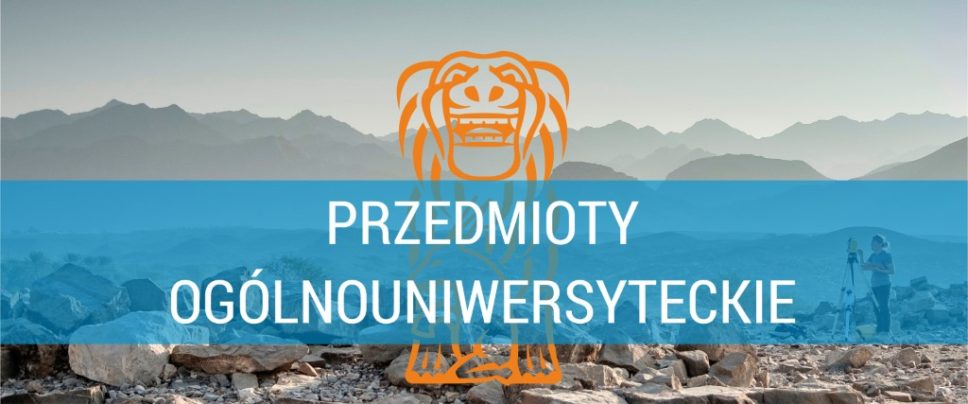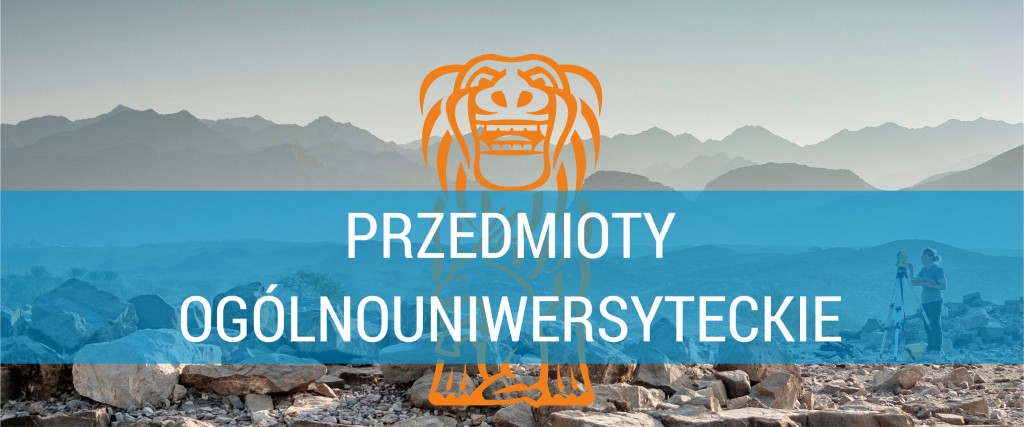This semester, students of the University of Warsaw will be able to attend courses organized by Polish Centre of Mediterranean Archaeology UW. The courses will be taught in the summer term of 2023/24. It will be held online and at PCMA UW office. Registration for the courses (as general university humanities subjects) begins on December 5th.
[EN] „Digitizing the past. Advanced methods for documenting the cultural heritage” –summer term 2023/24, 30h, 3 ECTS, Course ID: 4001-DIPAST-OG
Dr. Piotr Zakrzewski
Dr. Paweł Lech
Course description (course will be tought in English): The subject of the course is advanced documentation methods belonging to a relatively new and currently widely developed and popular specialisation among many researchers – digital archaeology. Digital archaeology generally involves the implementation of modern technologies and tools in field and laboratory research to increase the accuracy and quantity of information while speeding up data collection.
Link to the course in USOS.
[PL] „Roman defensive architecture in the Principate period (AD I-III) – teichology and poliorcetics” – summer term 2023/24, 30h, 3 ECTS, Course ID: 4001-RZARCH-OG (online)
Dr. Piotr Zakrzewski
Course description (course will be tought in Polish): The main topic of the course will be the techniques of construction (teichology) and defence (poliorcetics) of Roman fortifications in the 1st-3rd centuries AD built primarily for military purposes. The genesis and evolution of defensive works will be presented. The issue of source materials will also be discussed, including archaeological, written and iconographic materials, as well as the methodology of their analysis, the formulation of research conclusions and making their own interpretations. Based on the discussed examples, participants will analyse factors determining their appearance, plan or applied building materials. Another element of the considerations will be the possible non-military functions of defensive structures and the way they were perceived by the builders and potential invaders.
Link to the course in USOS.
[PL] „Archaeology of Identity” – summer term 2023/24, 30h, 3 ECTS, Course ID: 4001-ARCHTO-OG (room 6A.04. at PCMA UW office)
Dr. Maciej Wyżgoł
Course description (course will be tought in Polish): The subject comprises presentation of modern theories concerning investigation of identities through the analysis of material remains of human activities. Archaeological approaches to group identity, family, gender, religion and power will be presented during the classes. A discussion will comprise various aspects and views on the construction of identity. Special emphasis will be placed on the making of identity in relation to things, people and places.
Link to the course in USOS.
[PL] „The Roman army – the most effective war machine of antiquity?” – summer term 2023/24, 30h, 3 ECTS, Course ID: 4001-ARZ-OG (online)
Dr. Piotr Zakrzewski
Course description (course will be tought in Polish): Roman army underwent a series of changes and reforms, often fundamental, which affected its combat effectiveness and, above all, its organisation. Thanks to it, new territories were not only conquered, but also the borders of the Empire were secured, rebellious populations were pacified and order was maintained. However, the list of tasks performed by the military included also activities such as maintaining supply lines, developing infrastructure, participating in construction projects, including civilian ones, etc. Even after the end of their service, through the granting of land in newly conquered areas, military veterans played an extremely important role in the process of Romanisation. At the same time, in terms of combat, the Roman army was certainly often inferior to other formations of the ancient world, as evidenced by its not at all rare defeats in battles or even military campaigns. What, then, stood behind its overall effectiveness that ensured immense power for Rome?
Link do the course in USOS.
[PL] „Daily life of the people of the South Caucasus at the turn of the Bronze and Iron Ages” ummer term 2023/24, 30h, 3 ECTS, Course ID: 4001-KAEBEŻ-OG (online)
Dr. Mateusz Iskra
Course description (course will be tought in Polish): The South Caucasus, despite its marginal perception, is an extremely important area for human civilization. Especially in the Bronze and Iron Ages, when the “Caucasian highlanders” formed a very diverse and technically and economically advanced society. The lecture aims to introduce the audience to this society, primarily from the perspective of the people who formed it and their interrelationships, rather than the typical description of successive archaeological cultures.
Link to the course in USOS.


